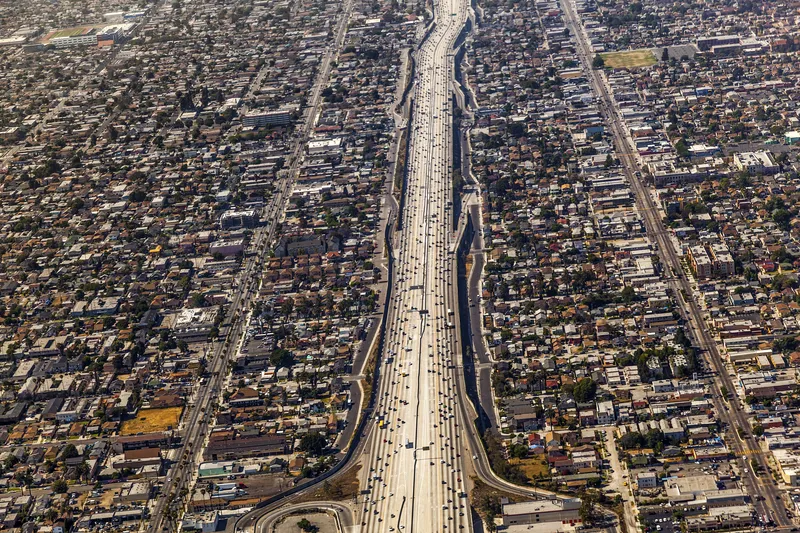
The US Department of Transportation (USDoT) is accepting applications for the third year of its Strengthening Mobility and Revolutionising Transportation (Smart) Grants programme.
Made possible by the Bipartisan Infrastructure Law, Smart will fund up to $500 million in grants over five years for public bodies "to conduct demonstration projects focused on advanced smart community technologies and systems that improve transportation safety and efficiency".
In the first two rounds, $148 million of grants across 93 projects in 39 states were selected.
“The Smart Grant programme has helped communities, states and tribes across America deploy new kinds of transportation technology solutions to improve safety and resilience,” said US transportation secretary Pete Buttigieg.
“As the programme enters its third year of funding, we’re excited for even more communities to get funding and support to develop technological solutions to their most pressing transportation challenges.”
“From Alaska to Maine to Puerto Rico, the Smart programme has supported locally driven solutions across the country to make communities safer for all users and more connected and accessible," says Dr. Robert C. Hampshire, deputy assistant secretary for research and technology and chief scientist at USDoT.
"The popularity of this programme demonstrates the demand for purpose-driven technology solutions."
USDoT is accepting applications for what it calls Stage 1 Planning and Prototyping grants.
During Stage 1, it will fund tech demonstrations and prototypes that "solve real-world transportation problems and build data and technology capacity for state, local and tribal governments".
Later this year, successful applicants can expand their projects through the first of several Stage 2 grant opportunities.
The funding opportunity is open to public sector entities seeking to carry out transportation projects that demonstrate at least one of the following technology areas:
• Coordinated automation
• Connected vehicles
• Sensors
• Systems integration
• Delivery/logistics
• Innovative aviation
• Smart grid
• Traffic signals
"Successful projects will create sustainable partnerships across sectors and levels of government, engaging industry, labour, academia and non-profits to better meet community transportation needs," USDoT says.
There will be a ‘How to Apply’ webinar on 28 May.
For more information, click here
Applications must be in by 17:00 EDT on Friday 12 July to the Valid Eval Submission website.










